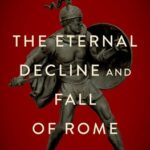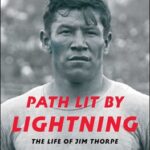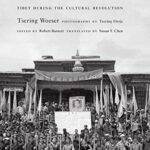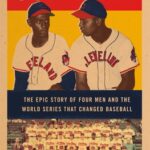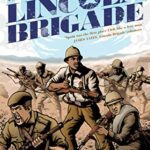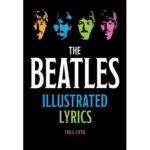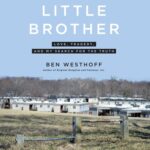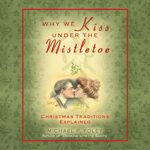
The Mystery of Christmas Revealed!
Michael P. Foley’s Why We Kiss Under the Mistletoe is not a history of Christmas but rather a series of chapters broken into vignettes, anecdotes, and historical tidbits about the holiday, ranging from food and drink associated with Christmas to St. Nicholas’s partners, and other saints who also were gift-givers. All of this is written in a highly accessible way that will surely charm or at least entertain a reader in the same way that a book like One Hundred Amazing Facts About, well, whatever might be a pleasant diversion, even as the book tries to remind the faithful that Christmas is no mere diversion, but about God’s engagement with the world or God’s willingness to engage human creation, which is worth taking seriously even for those who do not take this particular story seriously or do not take belief in God seriously.
